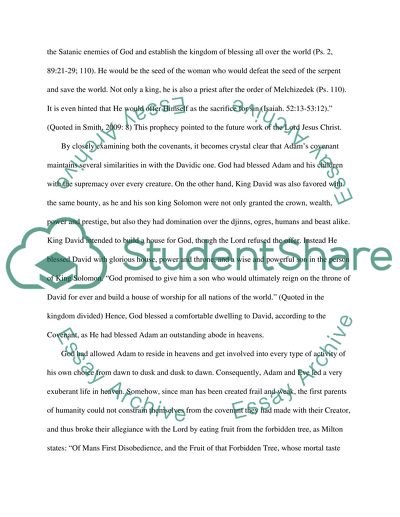Cite this document
(“Comparison between First and Last Covenants of the Old Testament Term Paper”, n.d.)
Retrieved de https://studentshare.org/religion-and-theology/1390731-comparison-between-first-and-last-covenants-of-the-old-testament
Retrieved de https://studentshare.org/religion-and-theology/1390731-comparison-between-first-and-last-covenants-of-the-old-testament
(Comparison Between First and Last Covenants of the Old Testament Term Paper)
https://studentshare.org/religion-and-theology/1390731-comparison-between-first-and-last-covenants-of-the-old-testament.
https://studentshare.org/religion-and-theology/1390731-comparison-between-first-and-last-covenants-of-the-old-testament.
“Comparison Between First and Last Covenants of the Old Testament Term Paper”, n.d. https://studentshare.org/religion-and-theology/1390731-comparison-between-first-and-last-covenants-of-the-old-testament.


